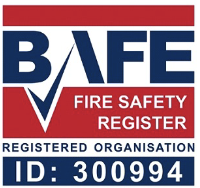Safety and Security
CG Fire & Security is dedicated to meeting your safety needs, from innovative designs to seamless installation and commissioning of fire and security systems. Please be sure to trust us for compliance and peace of mind.
Services
Sectors
Education
We have extensive experience in education from nurseries right through to university campuses and all sub-sectors in between, offering both single services and bundled services to a range of clients. Our customers in the education sector trust our accredited and certified expert team, who are fully vetted to ensure their suitability for working around young and vulnerable people.

Health & Leisure
At Compliance Group we provide a full range of health and safety compliance services to the health and leisure sector. In a sector that incorporates a wide spectrum of diverse business models, we look after a number of national groups and liaise with them to fit in with their centre management, often undertaking work at weekends and evenings.

Care Homes
We see ourselves as market leaders in the provision of safety compliance services in the care home and private health sector. This covers care for the elderly, care for people with special education needs as well as the prestigious private health care market.Our technicians all have enhanced DBS clearance and high levels of customer care training to meet the specific needs of this market, as well as extensive experience within this highly complex environment, protecting both people and premises.

Public Sector
Managing safety and regulatory compliance obligations is a demanding and complex task, especially in the public sector. This complexity and frequent changes to the statutory obligations can leave those responsible for large estates uncertain about their level of compliance, and consequently, exposed to significant risks due to non-compliance..

Industry & Pharmaceutical
Compliance is an integral component in the pharmaceutical industry, as there is constant exposure to chemical and biological hazards. In addition, non-compliance may impact workforce productivity and have significant repercussions on business continuity.

Hospitality & Leisure
Protecting visitors in the hospitality and leisure sector is as crucial as the efforts that go into ensuring high customer satisfaction. Legislation and regulations in the sector are increasingly complex and can become a real distraction from the important business of keeping your customers happy.

Retail
In the retail sector, business never stops, and customer access is paramount. With retailers’ focus on customer satisfaction, providing a safe environment, and reducing unnecessary losses is a priority. At Compliance Group we believe it is key to have a partner who will work around the challenge of opening hours to offer a non-disruptive solution.

Corporate
We have extensive experience in education from nurseries right through to university campuses and all sub-sectors in between, offering both single services and bundled services to a range of clients. Our customers in the education sector trust our accredited and certified expert team, who are fully vetted to ensure their suitability for working around young and vulnerable people.




























